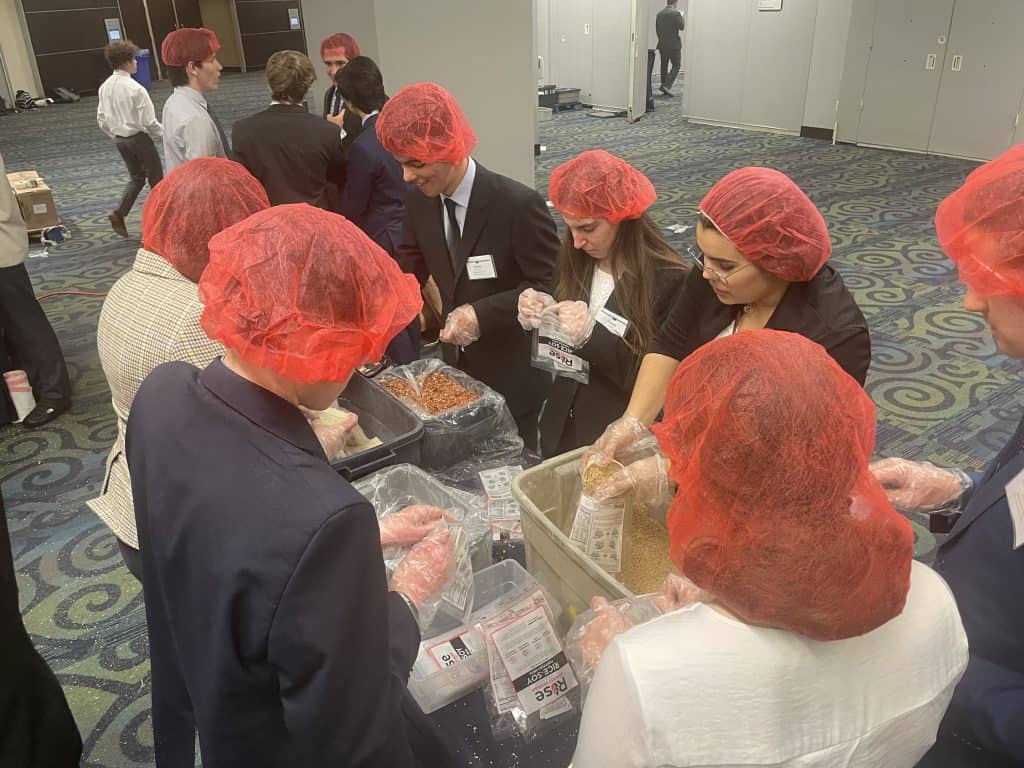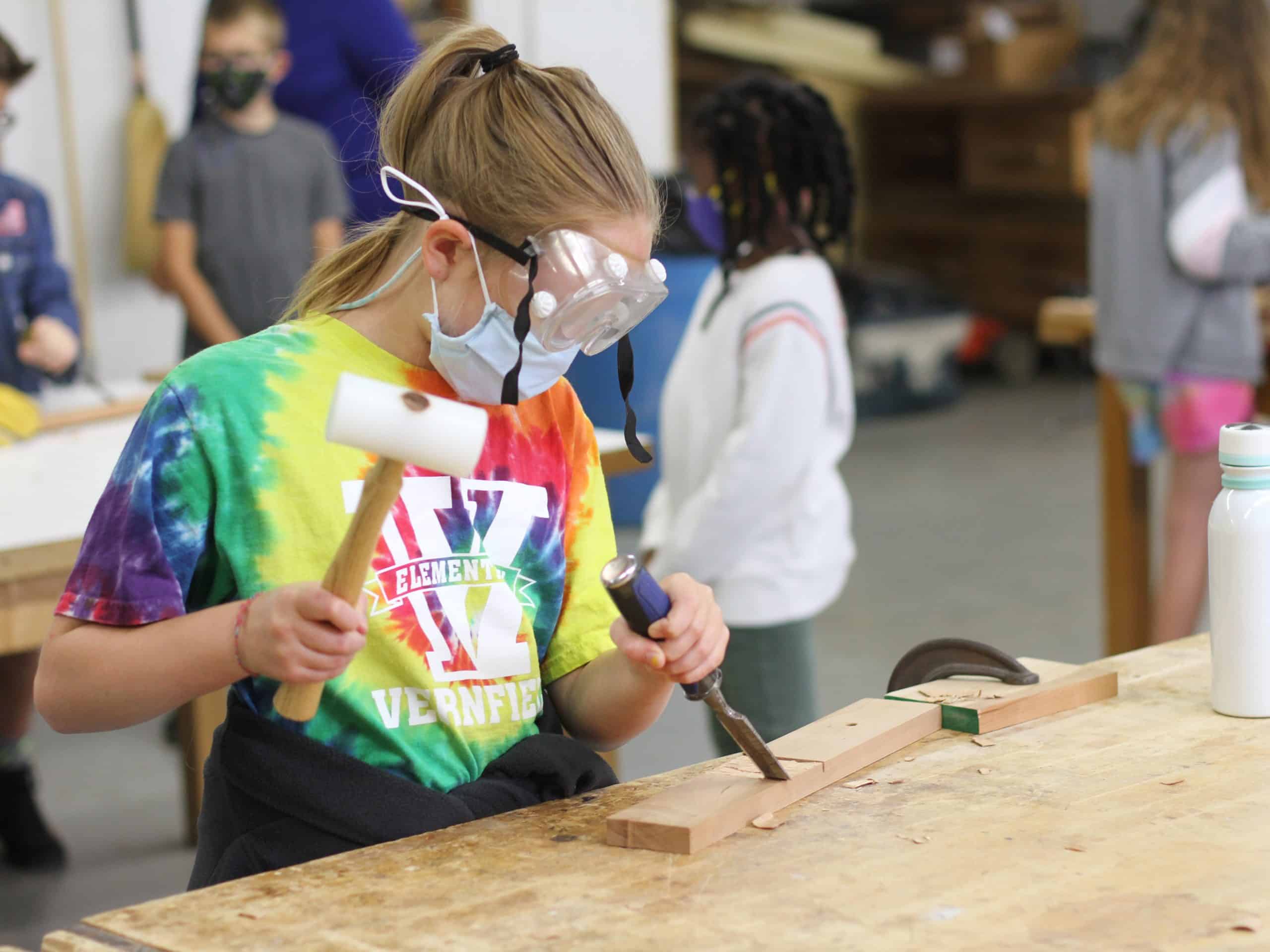Experiential Learning
In more traditional school settings, students often hear and read about others' experiences. At EMS, teachers consider individual learning styles and facilitate opportunities for students to make discoveries and experiment with knowledge firsthand.
Then, students have time to reflect on what they have experienced, completed, even made mistakes with. That's experiential learning.
Experiential Learning



Experiential learners must:
- be willing to be actively involved in the experience.
- be able to reflect on the experience, sometimes in writing, sometimes in conversation with teachers and peers.
- possess and use analytical skills to conceptualize the experience.
- possess or make progress in developing decision-making and problem-solving skills in order to use the new ideas gained from the experience.
Outside the classroom ...
To learn more about the EMS curriculum, campus community and life together, come visit!
Contact us to schedule your visit today or plan for an upcoming Student Visitation Day.
EMS Experiential Learning News
In the last few track meets of the year our students held their commitments to themselves and one another as they finished strong. We are so proud of our flames! Conference Champion Gold Medalists Girls 400m Eliza Warren Boys 4x800m Relay: Calvin Bixler, Simon Blosser, Noah May, Jedrek Sneary Boys 800m Jedrek Sneary Silver Medalists Girls 4x400m Relay: Harper Mckee, Corina Jahne, Norah Warren, Eliza Warren Girls 4x800m Relay: Quinn Mckee, Ila Hackman, Layla VonArnswaldt, Rachel Loker Girls Long Jump Harper Mckee Girls Discus Aliyah…
Read More >
